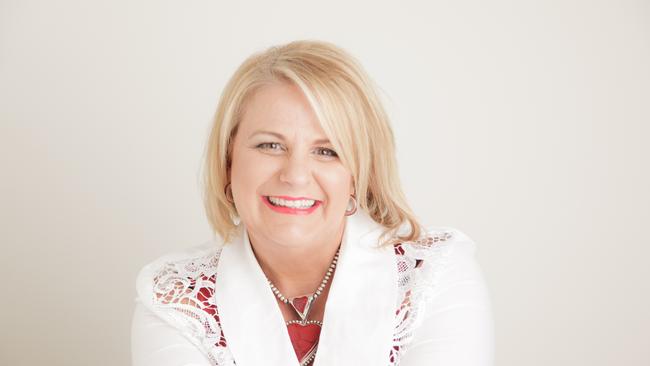Dear Melissa: Ask your burning relationship questions now
A husband is worried about his stay-at-home wife’s mental health after noticing pests around the house and dishes piling up. A marriage expert weighs in.

QLD News
Don't miss out on the headlines from QLD News. Followed categories will be added to My News.
A husband is worried about his stay-at-home wife’s mental health after noticing pests around the house and dishes piling up. Marriage expert Melissa Ferrari weighs in.
Scroll down to send in your questions.
DEAR MELISSA
I’ve been married to my wife for three years, and I think she’s really struggling with her mental health. I can see she’s really overwhelmed with the kids and everything at home. She’s been so tired, anxious, and distant lately.
The house is messy most days, the dishes are never done and I’ve spotted cockroaches, which makes me worry about the health of our family. I’ve tried to help with housework but I work full-time and she just stays at home with the kids.
I love her so much and just want to help, but I don’t want to make her feel worse or like I only care about the house being clean. I’m just not sure how to talk to her without adding more stress.
MELISSA’S RESPONSE
Most important, you and your wife are not alone in this struggle, mental health continues to be a rising issue across the country and is so common today that it is astonishing, it is something I see all the time in my practice.
New mums can be particularly susceptible to overwhelm after the birth of kids, we forget how much having children changes our lives – as parents there is the life we had before children and the life we have after – which can be a difficult adjustment for couples to cope with and navigate.
Disconnection and changing behaviour is a sign that your partner may be struggling with a mental health issue, these signs can be them seeming distant, not willing to engage with you, flashes of anger or a change in behaviour where they are reacting or doing things differently to what they would normally do.
If you are finding your partner hard to reach, this adds to the problem as with that disconnection, it can make it even more difficult to have sensitive conversations around issues that can easily fall back into conflict – so we then avoid or put off these important discussions.

Yet it is in these most difficult times that we need our partnership to hold us steady, to provide us with a secure base from which we can work together to find solutions to the most difficult issues that have the potential to tear us apart.
So, sharing your concerns, gently, from a place of love and care is what you need to do. Be careful with your words and pick the time to speak when you are both calm and regulated – never try and have such a conversation during conflict or when there is high tension or anxiety.
Make sure that any discussion is face-to-face, so you can read each other, and talk about how you as a couple created this world you are living in together, and how together you will work through whatever issues you face.
Avoid ultimatums or issuing blame, let her know that this is not her problem, that this is a joint issue, one you will deal with together.
In my practice I often find that when we are dealing with a mental health issue, that people come to me as a couple, with their partner there to offer support and help them through.
This does not mean that your wife won’t need one-on-one support as well, but there seems great comfort for people in having someone who loves and cares for them with them when they are seeking professional support.
In a relationship, being there for someone is an important part of the supportive environment that they need to be surrounded by as they begin to heal.
Living with someone who is struggling with anxiety or depression can be challenging, but by being supportive, showing how much, you love and care for each other, you can navigate this difficult time together.

Melissa is one of Australia’s most sought-after relationship therapists with over 25 years’ experience in couples counselling and individual psychotherapy. Specialising in the Psychobiological Approach to Couple Therapy (PACT), Melissa provides intensive sessions with practical, personalised feedback, through which she helps individuals and couples to make savvy relationship choices.




